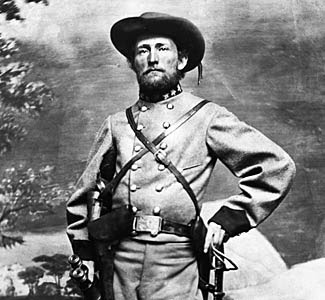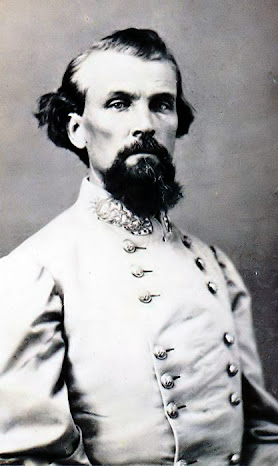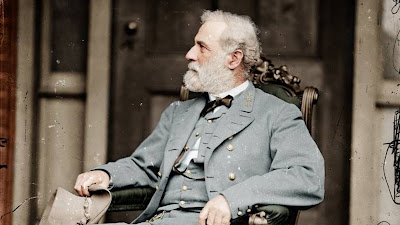The Iron Will of Jefferson Davis by Cass Canfield

A flawed biography of a man who is often overlooked J efferson Davis (1808-1889) is an oft-overlooked figure in American history, especially when compared to his presidential counterpart in the Civil War, Abraham Lincoln. This biography is not recommended as a place to start by this history teacher, though. It has too many flaws. First, there are strong points: 1. The basics of Davis's life are correct. 2. Lots of good pictures and maps. Weak points: The Iron Will of Jefferson Davis is replete with factual errors, such as claiming that Lexington, KY was "in the East" (pg. 8) in 1823, when this was clearly considered the "West" by Americans of the time. He claims that Southern slave plantation farming was more productive than Northern agriculture - this has been proving to be untrue, unless you consider that you can get extended growing seasons and get multiple crops in Deep South, which is all about climate, not slavery (pg. 11). He also












